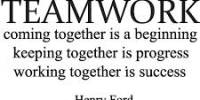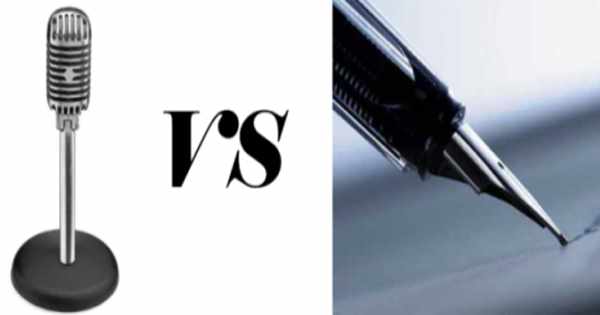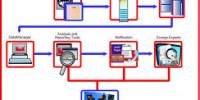Top executives devise strategies and policies to ensure that an organization meets its goals. Executive functioning skills facilitate the behaviors required to plan and achieve goals. They plan, direct, and coordinate operational activities of companies and organizations.
The responsibilities of executives largely depend on an organization’s size. An executive directs, plans, and coordinates operational activities for their organization or company and are normally responsible for devising policies and strategies to meet company goals. For example, an owner or manager of a small organization, such as an independent retail store, often is responsible for purchasing, hiring, training, quality control, and day-to-day supervisory duties. Executives often travel to attend meetings and conferences and visit regional, local, national, or international offices. In large organizations, however, executives typically focus more on formulating policies and strategic planning, while general and operations managers direct day-to-day operations.
Activities of an Executive:
Following are the list of daily, activities of an executive:
- Establish and carry out departmental or organizational goals, policies, and procedures,
- Inform subordinates with various information,
- Negotiate or approve contracts and agreements,
- Explanation of plan & policies taken by the respective department,
- Analyze financial statements, sales reports, and other performance indicators,
- Giving order for work and idea for how to work,
- Collecting information from internal as well as external sources,
- Identify places to cut costs and to improve performance, policies, and programs
- Giving advice as required by the subordinates.
- Motivating subordinates to work efficiently,
- Continuous connection with top-level management.
An executive finds ways to cut costs and improve policies, programs, and performance. They analyze sales reports, financial statements, and oversee the general activities that make up the mission of the company.
From the above discussion, it is very clear that all managerial functions, as well as the function of an executive, cannot be possible if there is no communication. Executive function and self-regulation skills are the mental processes that enable us to plan, focus attention, remember instructions, and juggle multiple tasks successfully. So management operates functions and moves with the help of communication and the following figure can be best suited here.
Information Source:
















